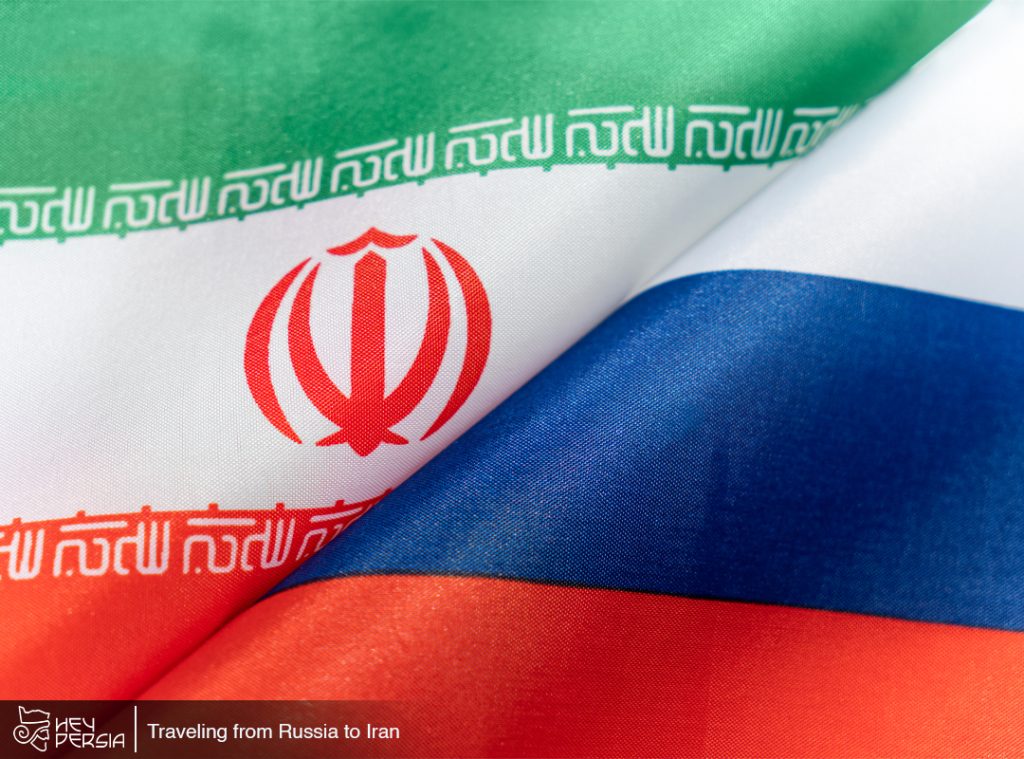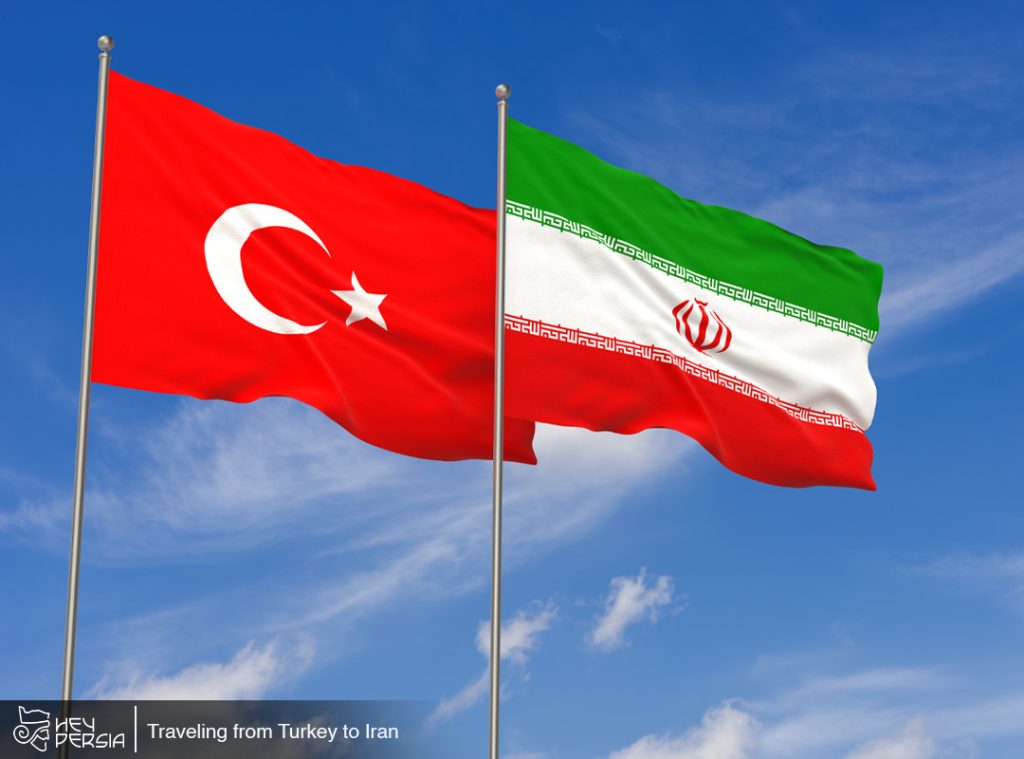The legacies of Avicenna, Zakariya al-Razi, and Abu Rayhan al-Biruni endure as testaments to the intellectual richness of the Persian Islamic Golden Age. Their contributions to medicine, philosophy, mathematics, astronomy, and cultural studies have left an indelible mark on the history of human thought. As their final resting places in Iran and Afghanistan stand as reminders of their enduring influence, these Persian scholars continue to inspire generations with their dedication to the pursuit of knowledge. Learn more about Persian scientist legacies at Hey Persia.
Avicenna: The Persian Polymath of Persian scientist legacies
Generally, Avicenna, also known as Ibn Sina, was a renowned Persian polymath who made significant contributions to various fields, including medicine, philosophy, astronomy, chemistry, and mathematics. Born in 980 AD in Afshana, a region near Bukhara (present-day Uzbekistan), Avicenna displayed prodigious intellectual abilities from an early age.
Contributions to Medicine and Philosophy to Persian scientist legacies
Avicenna’s most celebrated work, “The Canon of Medicine,” became a seminal text in the history of medicine. This comprehensive encyclopedia covered various aspects of medical knowledge, emphasizing the importance of observation and experimentation. In the realm of philosophy, Avicenna’s philosophical masterpiece, “The Book of Healing,” explored metaphysics, ethics, and psychology, leaving an indelible mark on Islamic philosophy.
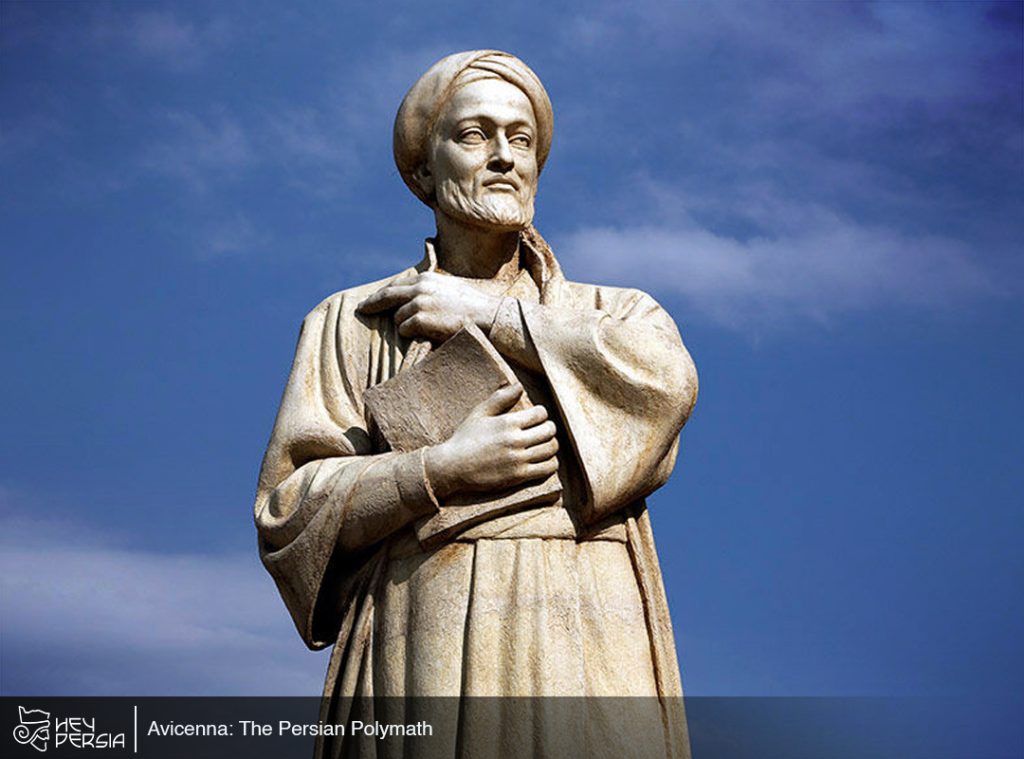
Tomb Location
Avicenna’s tomb is situated in Hamadan, Iran. This mausoleum, erected in the early 20th century, stands as a testament to the enduring legacy of this Persian scholar.
Zakariya al-Razi: Chemistry and Medicine of Persian scientist legacies
Zakariya al-Razi, known in the West as Rhazes, was a Persian physician, chemist, and philosopher who lived during the 9th century. Additionally, Born in Ray, near Tehran, al-Razi became a pioneering figure in the fields of medicine and chemistry.
Contributions to Medicine:
Al-Razi’s contributions to medicine were groundbreaking. His notable works include the “Kitab al-Hawi,” an extensive medical encyclopedia, and the “Kitab al-Maliki,” which focused on the classification and treatment of diseases. Al-Razi’s emphasis on empirical observation and experimentation laid the foundation for the scientific method in medicine.
Advancements in Chemistry:
In the realm of chemistry, al-Razi is credited with the discovery of sulfuric acid and ethanol. Further more, His alchemical investigations and experiments greatly influenced the development of chemistry as a distinct scientific discipline.
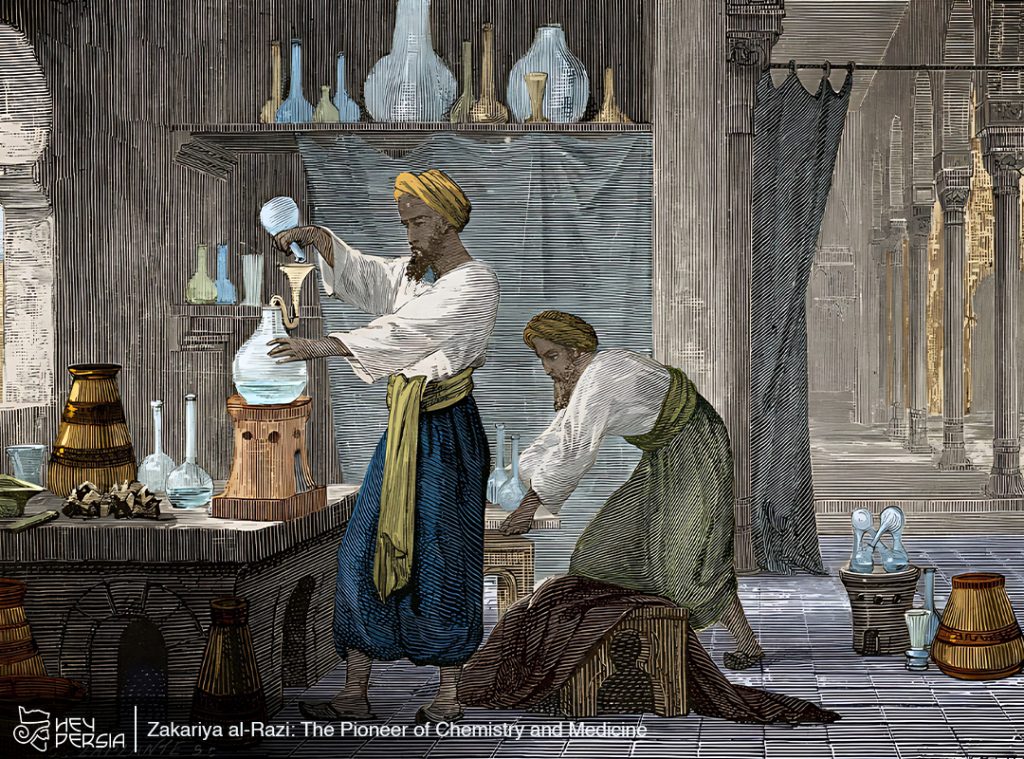
Tomb Location:
Zakariya al-Razi’s tomb is situated in Rey, Iran, paying homage to the man whose intellectual contributions resonated through the centuries.
Abu Rayhan al-Biruni: Scholar of Disciplines of Persian scientist legacies
Abu Rayhan al-Biruni was a Persian scholar, mathematician, astronomer, and polymath who lived during the 11th century. Born in Khwarazm (present-day Uzbekistan), al-Biruni made significant strides in various scientific and intellectual domains.
Mathematics and Astronomy:
Al-Biruni’s expertise in mathematics and astronomy led to groundbreaking works, including his precise measurements of the Earth’s radius. He contributed to trigonometry and made astronomical observations that influenced later scholars.
Ethnography and Cultural Studies:
Al-Biruni’s insatiable curiosity extended to the study of different cultures. His comprehensive work, “Kitab al-Hind,” delved into Indian customs, religion, and science, providing valuable insights into the subcontinent during the 11th century.
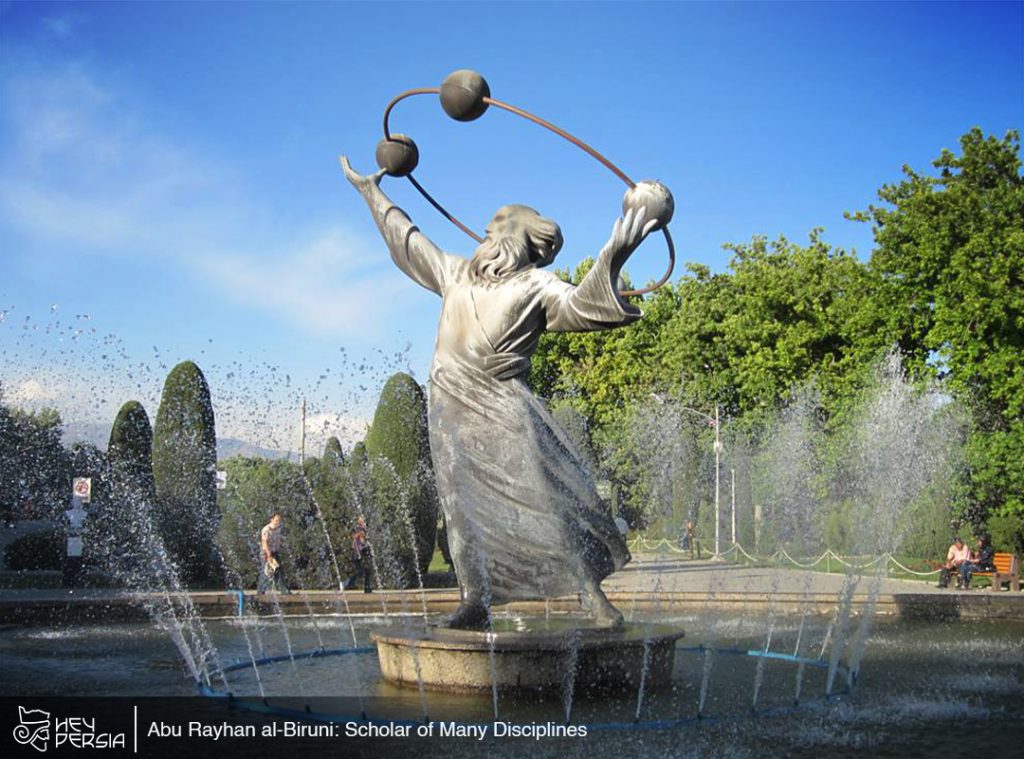
Tomb Location:
The final resting place of Abu Rayhan al-Biruni is in Ghazni, Afghanistan. This mausoleum stands as a testament to the vast range of disciplines that al-Biruni explored and enriched during his lifetime.
Shared Influence and Legacy:
These three Iranian luminaries, Avicenna, Zakariya al-Razi, and Abu Rayhan al-Biruni, shared a profound commitment to knowledge and intellectual pursuits. Their collective influence extended beyond their lifetimes, shaping the course of scientific and philosophical thought in the Islamic Golden Age.
Persian scientist legacies in Medicine:
Avicenna and al-Razi’s contributions to medicine not only advanced the field in their time but also laid the groundwork for future medical practices. Avicenna’s emphasis on systematic observation and al-Razi’s pioneering approach to empirical experimentation set standards that resonated through centuries of medical progress.
Scientific Method and Empirical Observation:
The commitment to empirical observation and the scientific method, exemplified by al-Razi and Avicenna, became foundational principles for subsequent scientific endeavors. Their insistence on systematic inquiry and evidence-based reasoning contributed significantly to the advancement of various scientific disciplines.
Cross-Cultural Understanding of
Al-Biruni’s work in cultural studies and ethnography showcased a commitment to cross-cultural understanding. His exploration of Indian knowledge and customs exemplified an early form of comparative studies, fostering a spirit of intellectual curiosity that transcended cultural boundaries.


